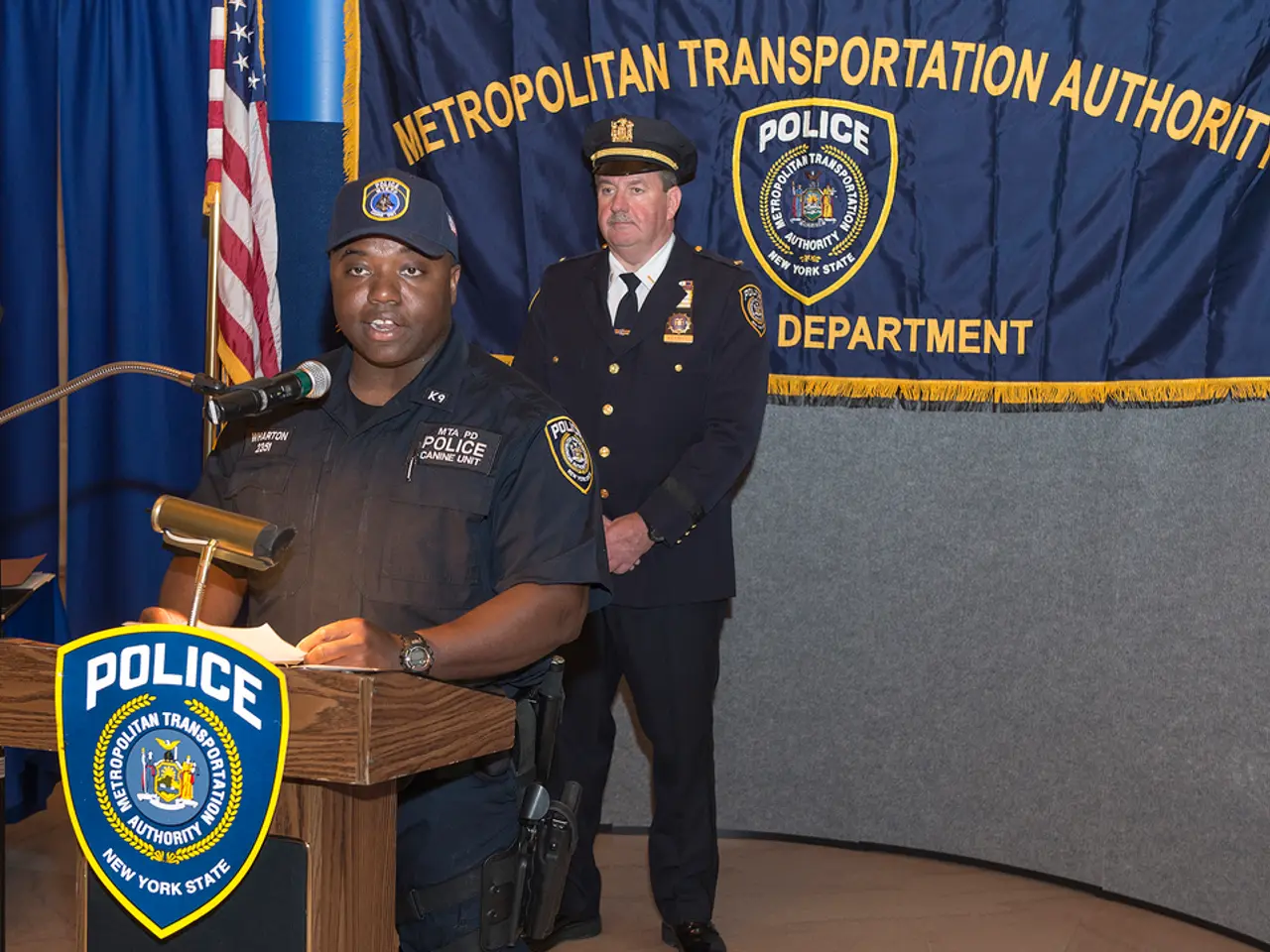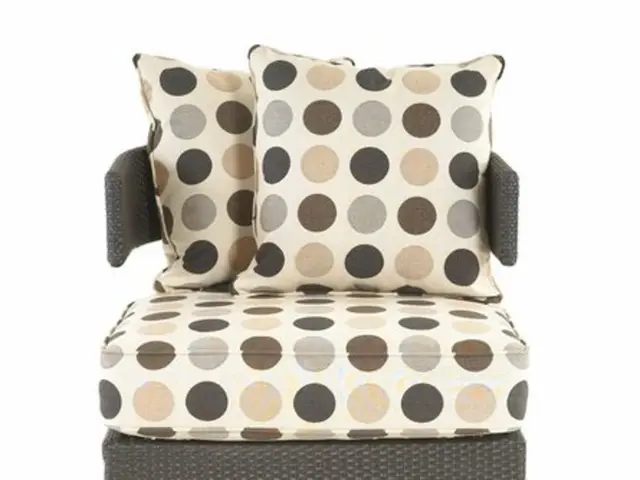Police Demonstrations Equipped with Aerial Surveillance via Drones
In the small town of Ussel, Correze, a drone is providing real-time images to help direct mobile gendarmes on the ground during demonstrations. This aerial surveillance is a contentious issue, with concerns about freedom to demonstrate and the regulation of drone use.
The drone, piloted by a gendarme located away from the demonstration, offers several kilometers of visibility, making it a valuable tool for law enforcement. However, its role in providing real-time images raises questions about privacy and the potential for mass recording.
Me Jean-Baptiste Soufron, a member of ADELICO, believes that the mass recording by drones poses a threat to the freedom to demonstrate. This sentiment is shared by a collective of lawyers and judges advocating for the defense of constitutional freedoms and opposing the use of drones at demonstrations.
The use of drones at demonstrations is regulated due to these concerns. To take off, drones require prefectural authorization, which is granted on a case-by-case basis. The courts also have the power to prohibit the use of drones if they deem it necessary to protect constitutional freedoms.
The regulation of drone use is a topic of debate among lawyers, magistrates, and law enforcement officials. On September 10th, nearly a quarter of the orders authorizing drones at demonstrations were deemed abusive and annulled.
Despite the controversy, the drone is seen as essential by Colonel Julien Gossement of the Gendarmerie Group of Brive-la-Gaillarde (Correze). He argues that the drone is more discreet than a helicopter, less expensive, and more versatile than video surveillance. The Ministry of the Interior has bought 965 drones for its gendarmes and 650 for its police officers, indicating a growing reliance on this technology.
The drone's role is to provide real-time images to help direct mobile gendarmes on the ground, ensuring a safer environment for all involved in the demonstrations. However, the regulation of drone use remains a necessary precaution to protect constitutional freedoms and the right to peaceful assembly.







